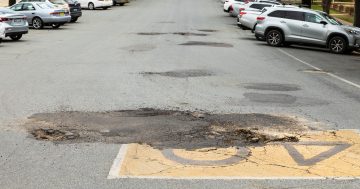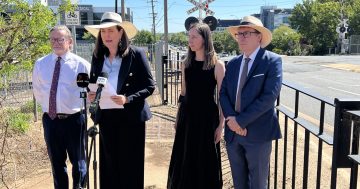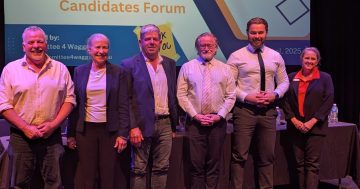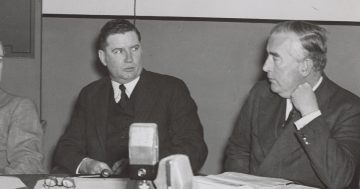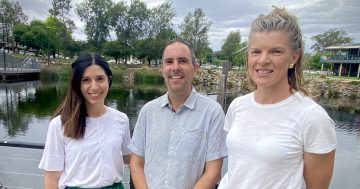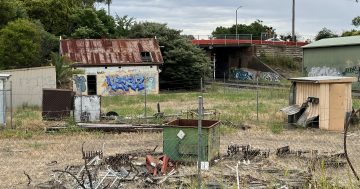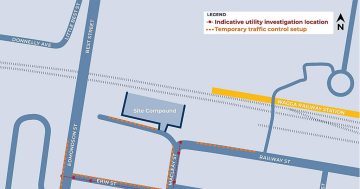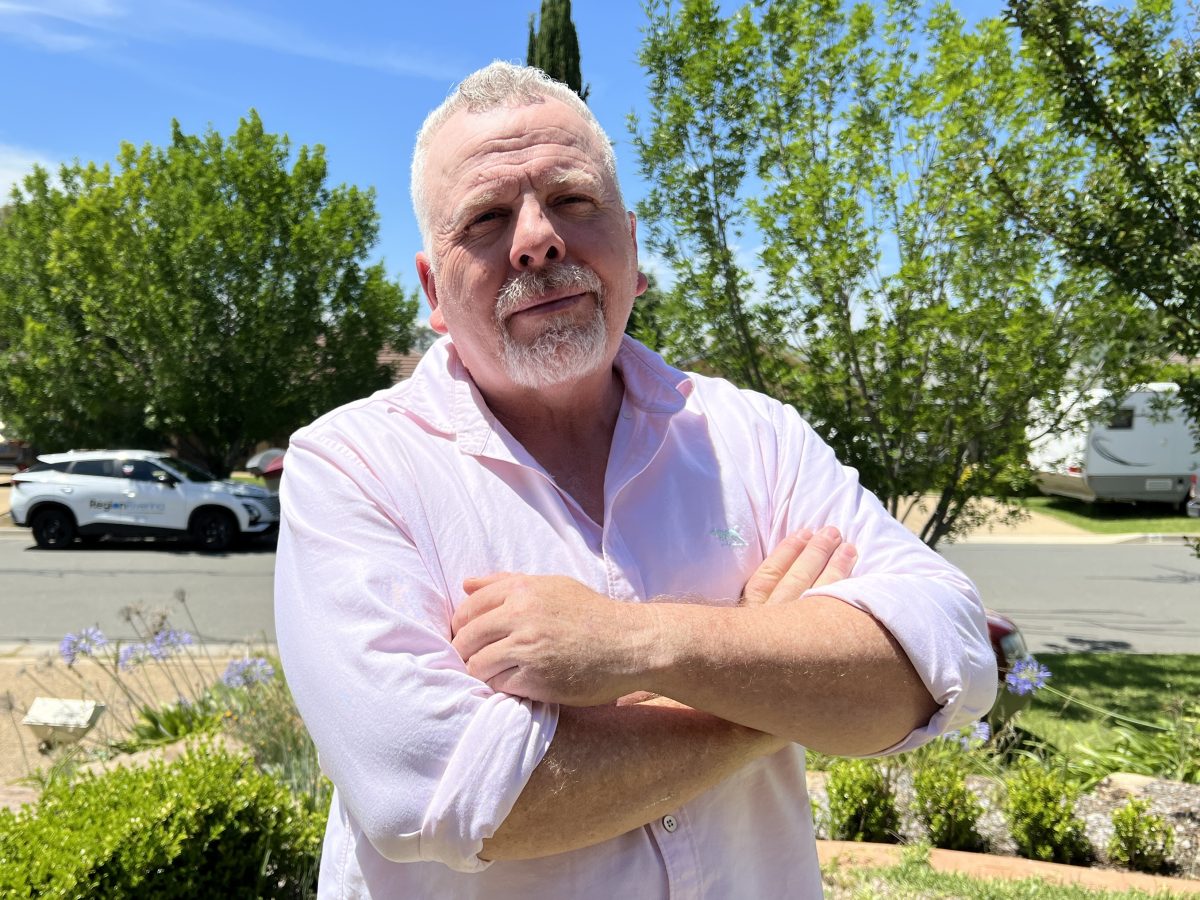
Richard Foley will stand for the Australian Citizens Party in next year’s federal election Photo: Chris Roe.
Wagga councillor and well-known local tradesman Richard Foley is the latest to declare candidacy for next year’s federal election, standing in Riverina for the Australian Citizens Party (ACP)
While he will make an official announcement on Friday morning (20 December), Mr Foley issued a statement promising “a vision of leadership that extends beyond our many valid local concerns” and described the upcoming election as a “once-in-a-century opportunity to shape the future of our region and our nation”.
This will be Mr Foley’s third tilt at federal politics after running as an independent in 2016 and then with Clive Palmer’s United Australia Party in 2019.
On both occasions, he finished third behind the major parties claiming 6.2 per cent of the primary vote in 2016 and 10.7 per cent in 2019.
With the recent shift in boundaries and a growing number of independent candidates, Mr Foley said it was an opportunity to challenge the status quo.
“With the strong likelihood of a hung parliament, the people of the Riverina have the chance to elect a representative who brings a broad, educated perspective and an assertive leadership style to the table,” he declared.
“This is a rare opportunity for voters to exert a positive influence upon national policies and outcomes that will define Australia’s future while ensuring that our regional communities are not left behind as they have been for too long by the major political party duopoly.”
Mr Foley said he planned to travel extensively throughout the electorate over the coming months to meet with councils and community leaders to ensure “the priorities of the Riverina” were at the forefront of his campaign.
Since being elected to Wagga City Council in 2021, Mr Foley has maintained a high profile, speaking out on issues ranging from his opposition to the Inland Rail route through Wagga, to crime, men’s health, and this week, the unregulated use of facial recognition technology in retail.
In outlining his federal priorities, Mr Foley said better resourcing of local government was high on the list.
“Every council in regional Australia deserves a much better share of federal funding to address their huge road maintenance backlogs, ensuring that roads are safe, functional, and capable of supporting local economic growth,” he said.
He has also listed the duplication of Gobba Bridge, the creation of an Inland Rail and heavy transport bypass for Wagga and an overhaul of Wagga City Airport among his local commitments.
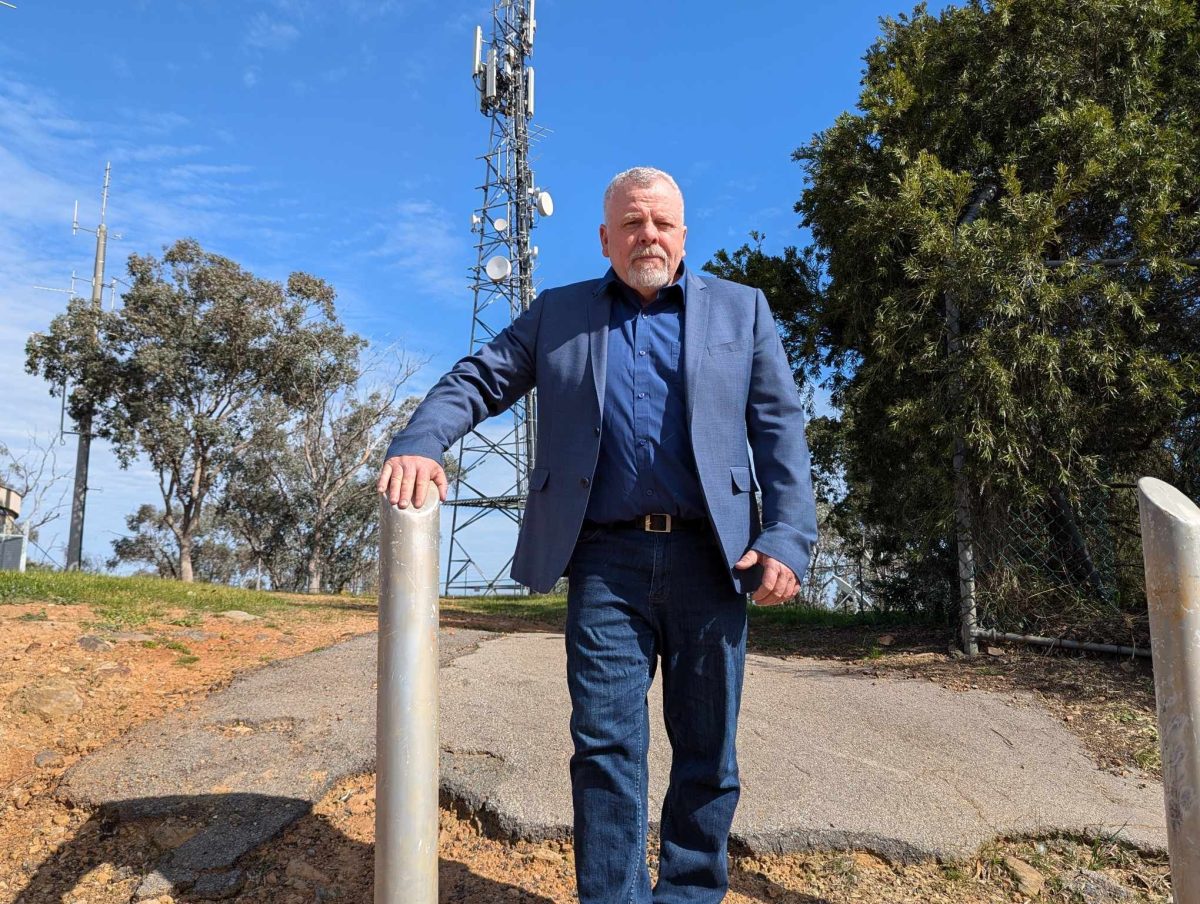
Next year’s election will be Richard Foley’s third tilt at federal politics. Photo: Jarryd Rowley.
Mr Foley’s alignment with the ACP is recent, however, the party’s website explains that their ambition is to “return government to the people” and to challenge the power of financial institutions and corporate interests.
Formally the Citizens Electoral Council (CEC), the party has been registered since 1988 and voted for a name change in 2019.
“The Australian Citizens Party strives to return Australia to Australian citizens and to cooperate for peace and goodwill internationally,” they declared.
“Our policies aspire to accomplish this goal by retaining the decision-making powers on national issues within Australia.”
Among its policies, the party wants an independent foreign policy not dictated by the US and the UK, to launch a public bank through the nation’s post offices, increased investment in health and housing and for the moratorium on nuclear power to be repealed.
Mr Foley said Australia should be open to including nuclear energy alongside renewables and that the latter should not come at the expense of productive farmland.
“I also strongly support the return of all electricity assets back to public ownership, ensuring energy policy is driven by the public good rather than the interests of private investors,” he said, echoing the UAP’s call to “regain control” over Australia’s economic future.
“Affordable credit for farmers, small businesses, and first-home buyers is essential, and I will advocate for reforms to deliver this,” he said.
“The Riverina deserves a leader with the vision, knowledge, and determination to ensure that the seat of Riverina plays a pivotal role in shaping Australia’s future.”







